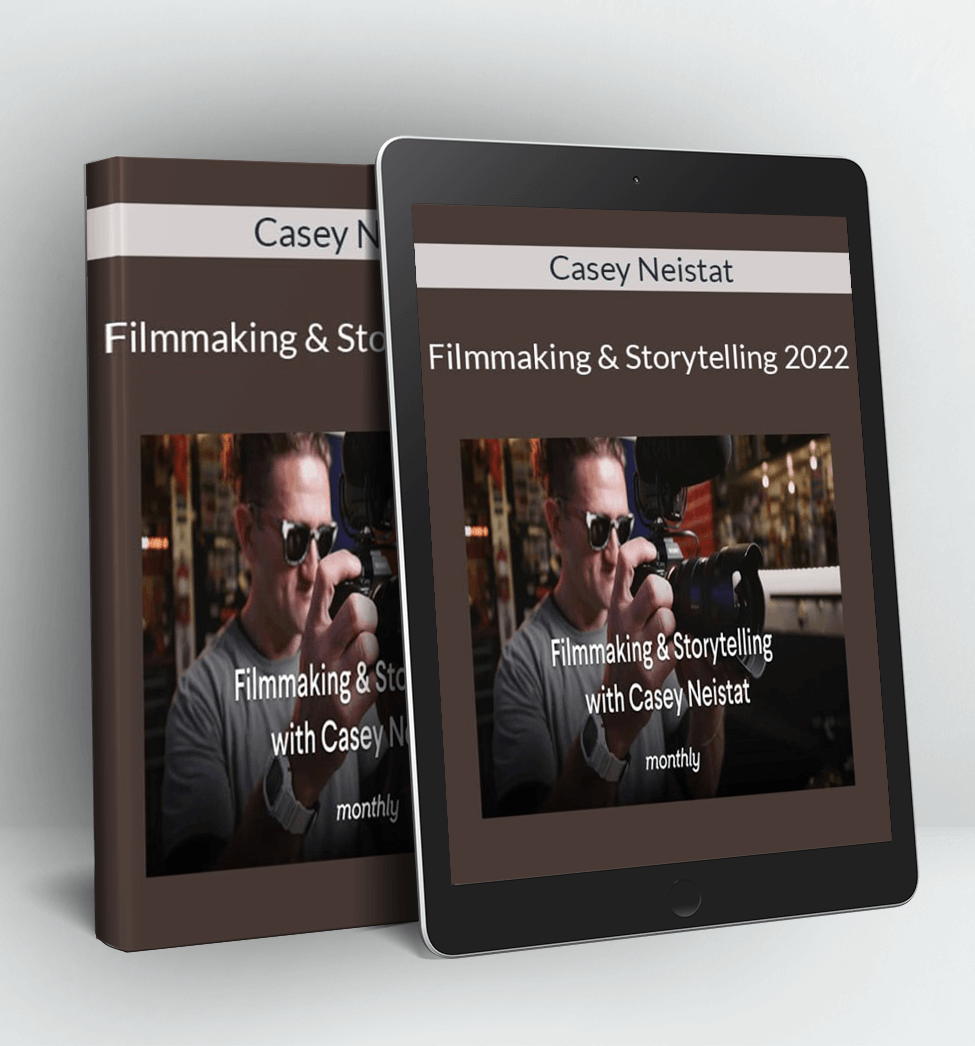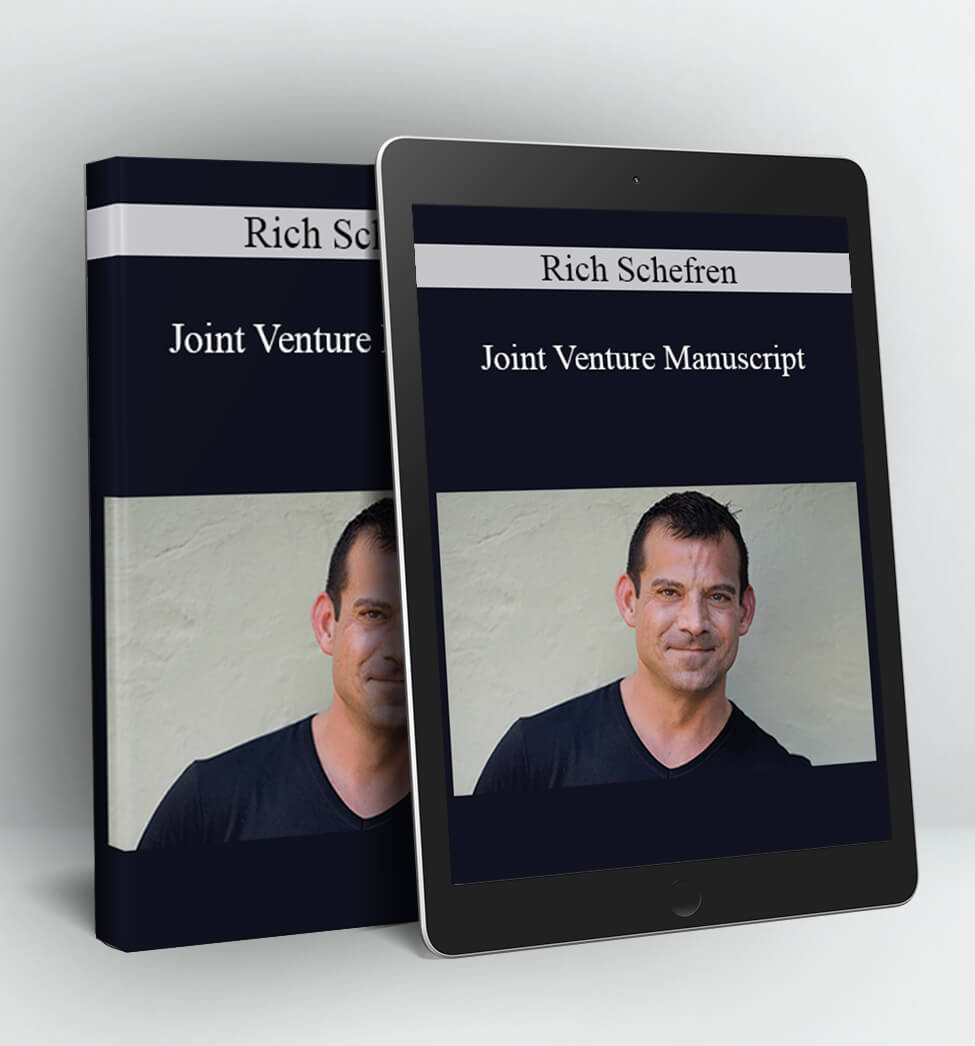Finding Ideas & Stories
Casey finds ideas everywhere: from his environment, the people around him, and a lifetime of experiences. You’ll learn how he identifies promising film ideas, conveys universal themes, and shares stories that connect with an audience.
Cinematography & Visual Storytelling
From time lapses to extreme close-ups, Casey uses a range of shots, angles, and camera techniques to enhance his narrative. In this class, learn Casey’s methods for capturing the most cinematic shots to frame the world around you.
Editing, Pacing & Rhythm
Casey shows how he selects, arranges, and cuts together the most interesting shots to keep his narrative well-paced and his video fresh and compelling. Learn how he blends audio, video, and graphics in the edit to create an engaging film.
Setting the Tone with Music
Casey uses carefully selected songs to set the tone, create intrigue, and drive momentum in his movies. Learn how he finds the perfect track, cuts it together with footage, and polishes the audio to support and elevate his narrative.
The Three-Act Structure
For Casey, the three-act structure is an essential tool to craft and communicate a great story. In this class, you’ll learn how he develops a compelling narrative in three acts, from a sharp, engaging hook to a resolution that leaves the viewer satisfied.
Getting the Most Out of Your Gear
Casey is a one-man crew who makes the most out of his gear in inventive and non-traditional ways. In this class, he’ll show you how he captures cinematic shots whether he’s carrying his whole vlogging rig or using just the camera on his phone.
Vlogging & Spontaneous Filmmaking
Casey’s process is largely spontaneous, allowing for a great deal of creative freedom as he shoots his movies. In this class, you’ll learn how he embraces the environment around him and lets his story evolve organically as he films.
Titles, Text Graphics & Overlays
Casey’s simple text graphics are an essential element of his style, giving context while allowing the subject of the movie to shine. In this class, learn his approach to adding graphics that inform the viewer without distracting from the story.
Introducing Characters & Settings
Casey films an array of people and locations, from strangers on noisy streets to family in intimate spaces. Learn how he develops characters in his movies, immerses the viewer in his environment, and adds detail to his story.
Keeping Your Audience Engaged
Casey uses cinematography, well-paced editing, graphics, and audio to keep his viewers watching. Learn how he captures the most compelling shots, keeps his story interesting, and uses cinematic elements to heighten the mood of his film.
Reviewing & Polishing Your Work
Casey puts his own work through a rigorous review before he finally shares his movies. In this class, you’ll learn how to trim down your edit, adjust your film’s pace and structure, and make sure your work is something you’re proud of.
Sound Design, Effects & Editing
Casey uses audio effects to enhance his movies and the story he is telling. In this class, you’ll learn how he finds the right audio effects, adjusts and balances additional sounds in his edit, and weaves them seamlessly into his videos.
Filmmaking Tricks & Casey-isms
Casey’s style has been emulated and adapted since he established himself as a pioneer of online filmmaking over a decade ago. Learn the secrets, tips, and tricks that have secured his status as a genre-defining vlogger and filmmaker.
Creative Problem Solving
Over the course of the filmmaking process, obstacles naturally pop up. You’ll see Casey troubleshoot and work through creative challenges, like resolving missing audio and adjusting his story when it takes unexpected turns.
Develop Your Voice as a Filmmaker
Across hundreds of films, Casey has defined and refined his own style, elevating his work while staying true to himself. In this class, you’ll acquire the skills and the critical eye to develop a filmmaking voice that’s uniquely yours.
Pre-class: Onboarding and Introduction
Before class starts, there are few things you’ll need to do to be ready to go on Day 1. Casey explains how to get set up and what you’ll need to have and know ahead of time to get the most out of the class.
Hide details
Welcome Video
Casey welcomes you to class and previews the full 30-day schedule so you’re prepared to get going on Day 1.
Tools & Equipment You Need
Casey walks through the equipment you’ll need for class, from essentials like editing software to his favorite gear.
Intro to Video Editing Software
This lesson contains all of the editing software fundamentals you’ll need to dive into your edit with confidence.
Days 1-16: Storytelling & Filmmaking Fundamentals
In this part of the class, Casey walks through his full filmmaking and storytelling process by creating an original movie in real time, from start to finish. He walks through his entire process of creating a short film, including how he finds a compelling idea for a movie, shoots his film, finds and adds the perfect background music, edits his footage together, and reviews and finalizes the polished film. You’ll follow along with Casey step-by-step and end Part 1 with your own original movie.
Hide details
1. Introduction to the Class Day 1
Casey explains how the class is structured, how to get the most out it, and what you’re going to learn during the intensive 30-day experience.
2. Finding Ideas Around You Day 1
Casey demonstrates how to discover promising film ideas and identify underlying themes using the environment around you.
Project 1A: Find Your Idea Day 1-2
In this project, apply what you learned from the previous lessons to find an idea for your first film of the class.
3. Shooting the Spontaneous Film Day 3
Casey shares his principles for capturing interesting and effective shots as he films his movie and develops his story on the fly.
Project 1B: Shoot Your Spontaneous Film Day 3-7
In this project, use what you learned in the previous lessons to shoot your first movie of the class, based on the idea you discovered.
4. Editing: Establishing Story & Tone Day 8
Casey shows how he establishes the tone and narrative of his film in the edit with hooks, music, and engaging shots.
Project 1C: Start Your Edit Day 8-11
In this project, apply what you learned and begin the rough edit of your movie, setting the tone for the rest of your film.
Feedback on the Edit in Progress Day 12
Receive personalized feedback on your edit in progress. Learn what you’re doing well and how you can improve.
5. Editing: Finishing the Movie Day 12
Casey demonstrates how he brings his film to a satisfying conclusion and reviews and polishes his own work.
Project 1D: Finish Your Movie Day 12-15
In this project, you’ll finish your rough edit, then take another pass at your movie to get it just right.
Feedback on the Final Movie (Day 16)
Receive personalized feedback on your first movie of the class. Learn what you’re doing well and how you can improve.
Days 16-30: Cinematography & The Complete Toolkit
In this part of the class, Casey will share his methods for elevating your filmmaking with a wider range of gear to use and more advanced editing techniques. For his second movie, he’ll create a movie around a personal idea that comes from his own experience — one that incorporates more ambitious cinematography, covers a variety of settings and narrative points, and weaves a more complex story. You’ll follow along with Casey to create a second original movie that challenges you to elevate your skills as a filmmaker and storyteller.
Hide details
6. Intro to Part 2: Pulling Ideas from Your Life Day 16
Casey introduces Part 2 of the class, and digs into his own life and experiences to find a compelling idea to develop into a movie.
Project 2A: Share Your Idea Day 16-17
In this project, you’ll find an idea that’s personal to you to use as the starting point for your second movie.
7. Filming: Establishing the Story Day 18
Casey begins capturing his narrative with cinematic shots inside his studio, outside on the street, and on the go.
8. Filming: Developing and Concluding the Story Day 18
Casey shares how he takes his shots to the next level, using his gear to capture compelling takes as he wraps his story.
Project 2B: Shoot Film #2 Day 18-22
In this project, apply what you learned and shoot a second, more cinematic and ambitious film around your idea.
9. Editing a More Complex Narrative Day 23
Casey establishes a dynamic story in his edit by introducing new narrative techniques as he works with more cinematic footage.
Project 2C: Start Your Second Edit Day 23-26
In this project, use what you learned in the previous lessons to start editing your second film of the class.
Feedback on the Second Edit Day 27
Receive personalized feedback on your edit in progress. Learn what you’re doing well and how you can improve.
10. Finishing Touches & Completing the Film Day 27
Casey further develops his film, continuing his narrative using elevated techniques and editing flourishes.
Project 2D: Finish Film #2 Day 27-30
In this project, you’ll complete your second edit, and review and share your final movie.
11. How to Keep Learning Day 30
Casey shares his philosophy and tips for growing as a filmmaker and continuing to create and develop your authentic style.






